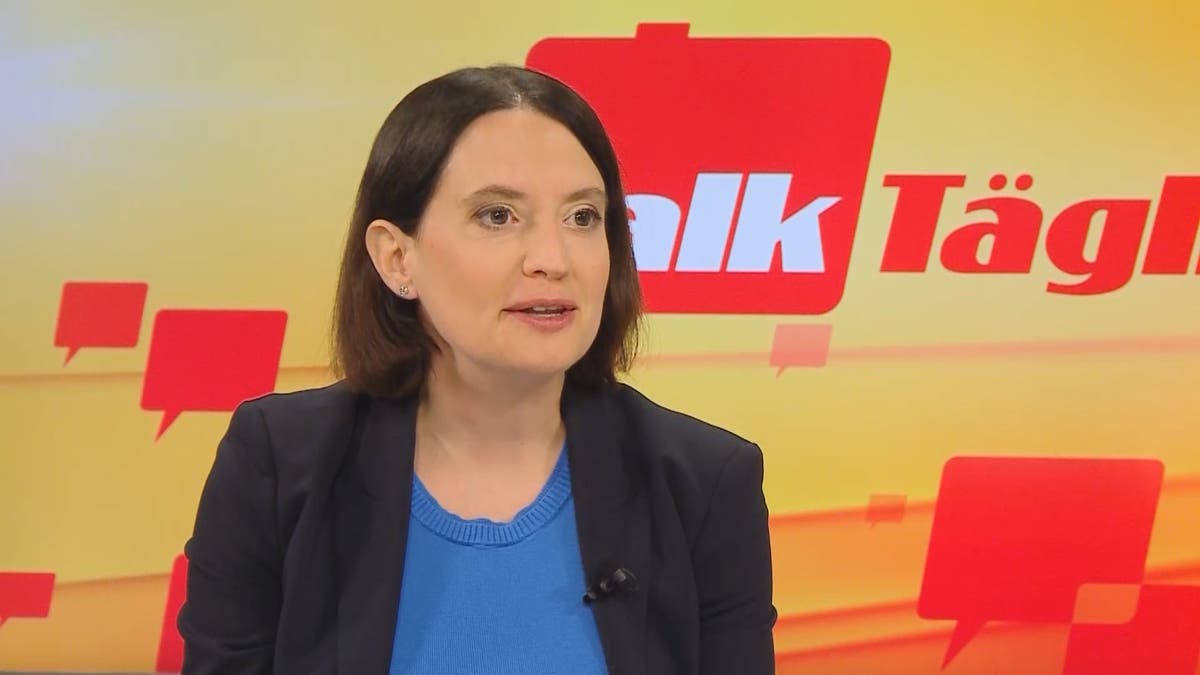In most cantons, the mere fact that a property changes hands entails a transfer tax. As a rule of thumb, around one to three percent of the purchase price should be budgeted for. Partly the buyer has to pay for it, partly buyer and seller share the costs – depending on the canton. The federal government and cantons such as Zurich or Schwyz do not have a transfer tax.
Taxes on purchase
The same applies to the establishment of a mortgage note, which is required to secure a mortgage. Issuing a mortgage note for CHF 500,000, for example, costs CHF 750 in the canton of Schwyz, including VAT. In the canton of Bern, a notary charges around 1300 francs, plus VAT, according to the cantonal fee tariff.
Not to be forgotten are any capital payout taxes – provided that pension funds are used for the purchase (pension fund or pillar 3a). For example, if you withdraw CHF 250,000, you will have to pay around four to ten percent in taxes. If all items are added together, in extreme cases several tens of thousands of francs are incurred in taxes and ancillary costs.
Taxes on sales
Depending on the situation, the proceeds from the sale of a property are higher than the purchase price. All cantons levy property gains tax on this difference. Here, too, there are large cantonal differences in terms of property gains tax. The amount of the tax depends on the duration of ownership – the higher the profit and the shorter the duration of ownership, the higher the tax. All value-increasing investments during the entire period of ownership, but also handling costs, broker or notary fees can be deducted. Therefore, all receipts about incidental costs and investments should be carefully kept for at least 20 years.
UBS recommends always clarifying taxes, tax consequences and any tax relief in advance. Property gains taxes can be deferred in all cantons if the seller becomes the home owner again within a reasonable period of time. Conclusion: To ensure that taxation remains moderately moderate, you should seek advice and deal with the tax consequences of home ownership in greater depth.
Taxes on ownership
According to the rules that apply today, homeowners in Switzerland must pay tax on the imputed rental value as income. The Federal Supreme Court stipulates that this must be at least 60 percent of the market rent. Property taxes are also due on property ownership. In addition, some cantons charge a separate property tax. This is usually between 0.1 and 3 per thousand of the taxable value of the property.
Tax deductions
In return, homeowners can claim some deductions when completing their tax return:
- Mortgage interest can be fully deducted from taxable income, but no more than 50,000 francs more than the gross investment income of a taxpayer.
- In most cases it is worthwhile to choose the indirect amortization route. The second mortgage is not amortized directly. Rather, the repayments go to a pillar 3a account of the bank and are pledged. The debt interest deduction remains in the same amount.
- All expenses that serve to maintain and maintain value (repairs, painting, maintenance work in or around the house.)
- All ongoing ancillary costs and insurance premiums in connection with the property.
–


